Can Linux win netbooks back?
Has Linux just lost the best chance it had to break into the mainstream desktop operating system market?
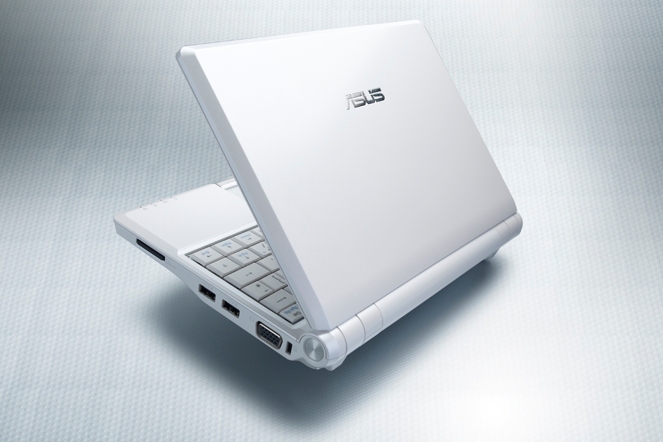
The source of those numbers is the US retail analyst NPD, so there are a couple of caveats. First, this is American sales data, and second, it doesn't take into account online sales. As Linux distributor Canonical told our sister publication PC Pro: "Dell has said 30 per cent per cent of its machines are shipping with Ubuntu."
But Microsoft went further, in a post on the official Windows blog from Brandon LeBlanc. "Initially, some in the industry viewed low-cost netbook PCs as a new challenge for Microsoft and an opportunity for Linux to make inroads in the consumer market", it noted, before going on to say: "Not only are people overwhelmingly buying Windows, but those that try Linux are often returning it".
The blog then cited Carphone Warehouse in the UK as one example, after it dropped Linux netbooks due to a one in five return rate. Customers, it seemed, really didn't like being taken out of their comfort zone, and without a team of staff available to explain the ease of Linux, people hit the proverbial button.
Now the problem here is that there's clearly some interpretation that's been put on the numbers, and some select examples chosen. But Linux is also losing a real opportunity. Even if you don't buy the 96 per cent number, Windows has more than made up its lost ground, and Linux-enabled netbooks have already become the minority.
But why? Well, manufacturers, when it comes to the crunch, have to want to change the status quo. Linux can't be installed with little thought given to its implementation, and it does need to be backed up with good documentation and solid support.
Without that level of commitment, any attempt to sell it with a machine risks problems.
For cash-strapped manufacturers, the idea of retraining engineers to provide desktop Linux support may, it appears, have been one step too far, and thus when it came to the crunch, they sought solace in Windows. And that's where the gauntlet is firmly thrown down to Linux.
Get the ITPro daily newsletter
Sign up today and you will receive a free copy of our Future Focus 2025 report - the leading guidance on AI, cybersecurity and other IT challenges as per 700+ senior executives
The challenge
There seems to be some agreement that within the Linux community, there's a strong alternative operating system to Windows that would easily service the 90 per cent of the market that use a Microsoft OS.
But without a concentrated effort, and perhaps the backing of one or two candidates to go fully head-to-head with Microsoft which goes against the principle really of the open source movement it's hard to see how it'll break through.
Put simply, for Linux to get the recognition and take-up on the desktop it deserves, some solid thought needs to be given to redressing people's perceptions of it. It's an oft-quoted saying that an operating system should just be there, and not sold as a feature in itself, but the problem is that that's not how the market works.
Microsoft and Apple, by the nature of their commercial status, make lots of noise about their respective operating systems. And, no matter how good it is, that just doesn't happen with Linux on the desktop.
The netbook has offered Linux arguably the best chance it'll ever have even better than the Vista troubles that Microsoft endured to break into the mainstream desktop OS market, and right now, it seems it wasn't ready to grasp the opportunity.
Chances are, by the nature of the Linux movement, it never will be.
-
 Should AI PCs be part of your next hardware refresh?
Should AI PCs be part of your next hardware refresh?AI PCs are fast becoming a business staple and a surefire way to future-proof your business
By Bobby Hellard
-
 Westcon-Comstor and Vectra AI launch brace of new channel initiatives
Westcon-Comstor and Vectra AI launch brace of new channel initiativesNews Westcon-Comstor and Vectra AI have announced the launch of two new channel growth initiatives focused on the managed security service provider (MSSP) space and AWS Marketplace.
By Daniel Todd
-
 Linux just hit an all-time high share of the global desktop market — and surging popularity in India is driving uptake of the open source operating system
Linux just hit an all-time high share of the global desktop market — and surging popularity in India is driving uptake of the open source operating systemNews Linux is still dwarfed by operating systems such as Windows, but it’s making modest gains off the back of growing popularity in emerging markets
By Steve Ranger
-
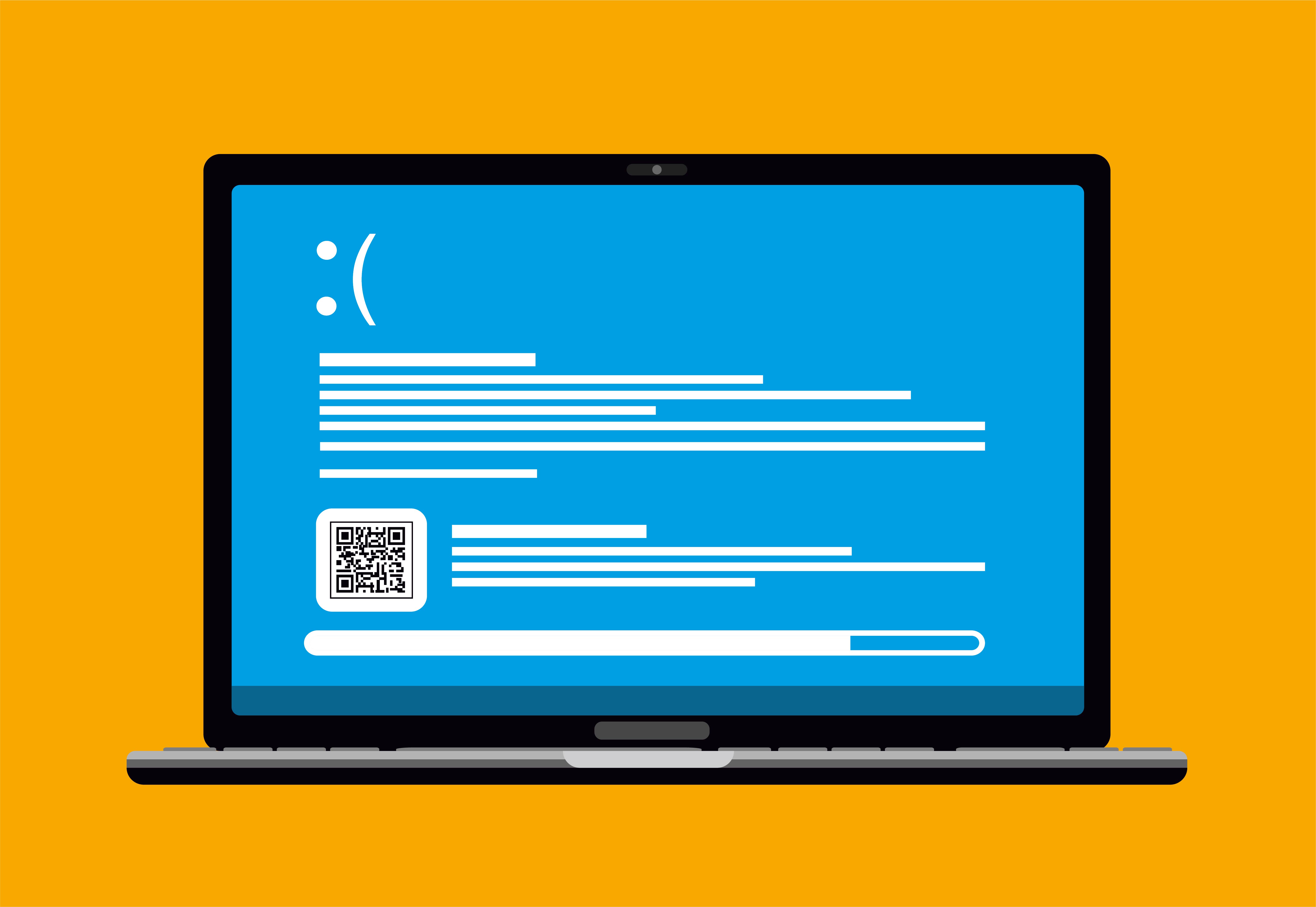 Linux Blue Screen of Death gives users a taste of the dreaded Windows feature
Linux Blue Screen of Death gives users a taste of the dreaded Windows featureNews The Linux Blue Screen of Death has been added in a recent update
By Ross Kelly
-
 Microsoft angers admins as April Patch Tuesday delivers password feature without migration guidance
Microsoft angers admins as April Patch Tuesday delivers password feature without migration guidanceNews Security fixes include a zero day exploited by a ransomware group and seven critical flaws
By Connor Jones
-
 Dell’s XPS 13 Plus becomes first Ubuntu 22.04-ready laptop
Dell’s XPS 13 Plus becomes first Ubuntu 22.04-ready laptopNews The device is the latest result of Dell and Canonical’s ten-year Project Sputnik, which aims to create high-end Dell systems with Ubuntu preinstalled
By Zach Marzouk
-
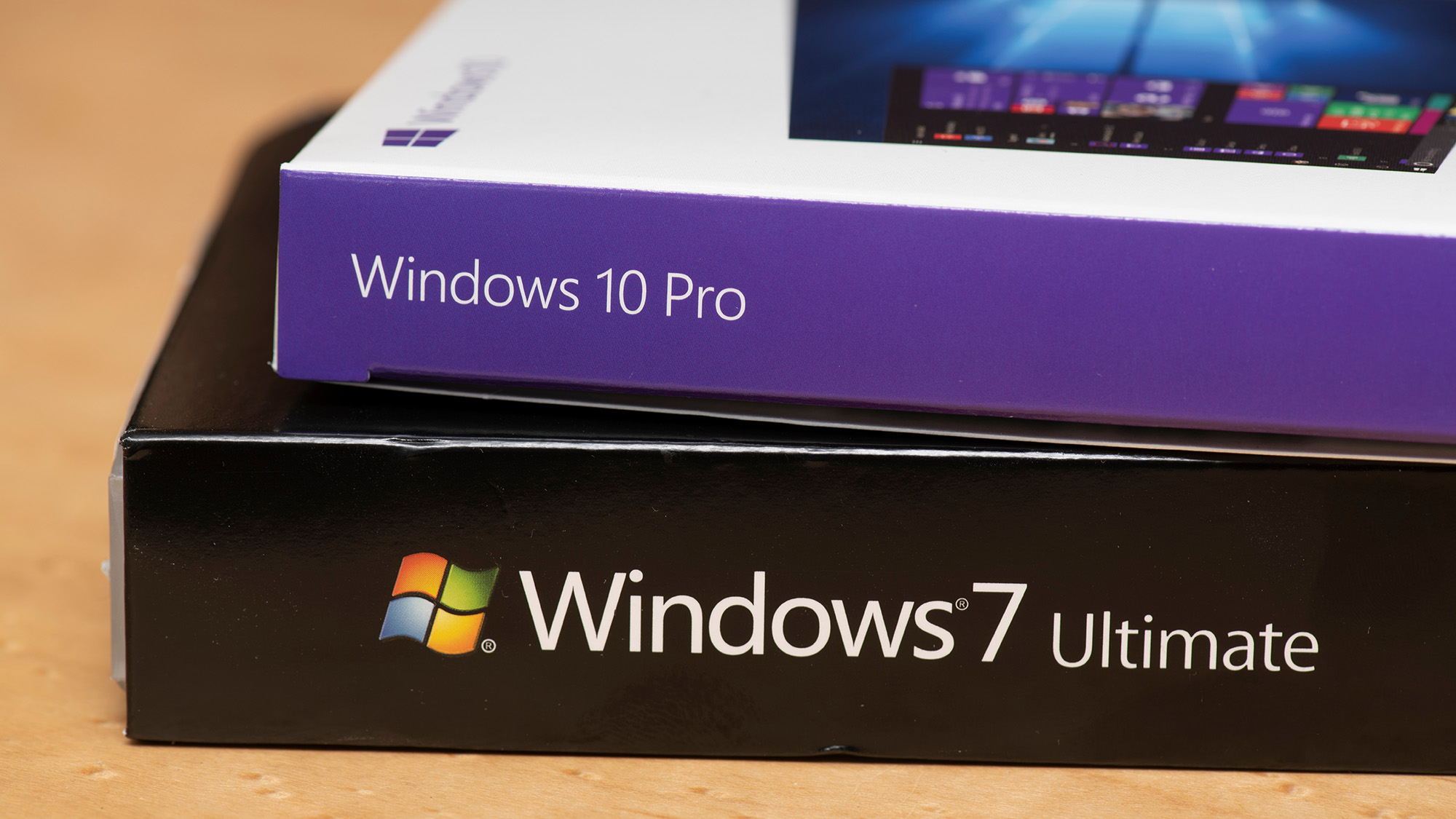 Managing a late migration
Managing a late migrationOpinion When it comes to moving from Windows 7 to Windows 10, it's better late than never
By Jon Honeyball
-
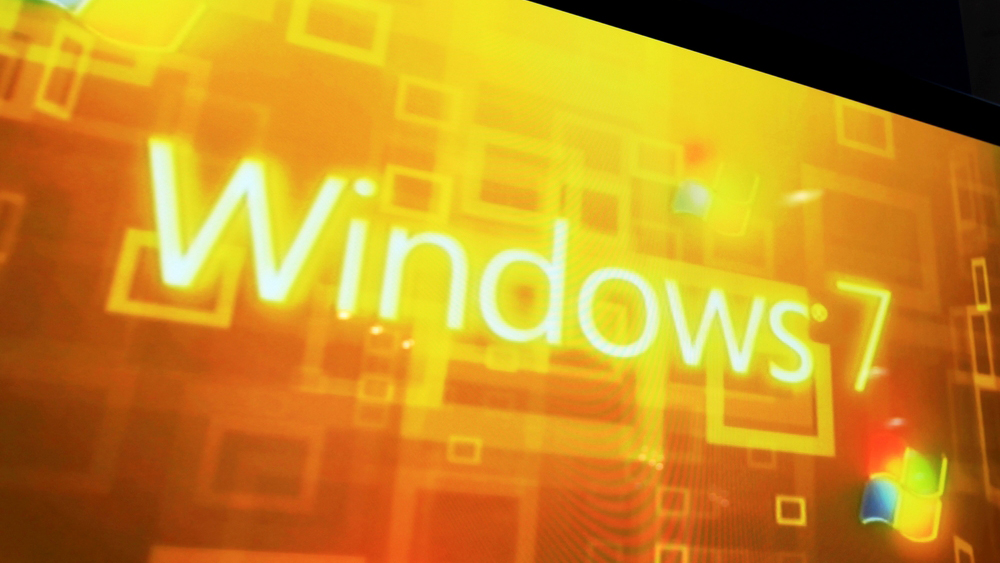 How to set up a Windows 7 emulator for Windows 10
How to set up a Windows 7 emulator for Windows 10Tutorials A complete guide for setting up a Windows 7 emulator for Windows 10 so you don’t lose access to your apps
By Nik Rawlinson
-
 The autopsy of Windows 7
The autopsy of Windows 7In-depth Report of a postmortem examination
By Chris Merriman
-
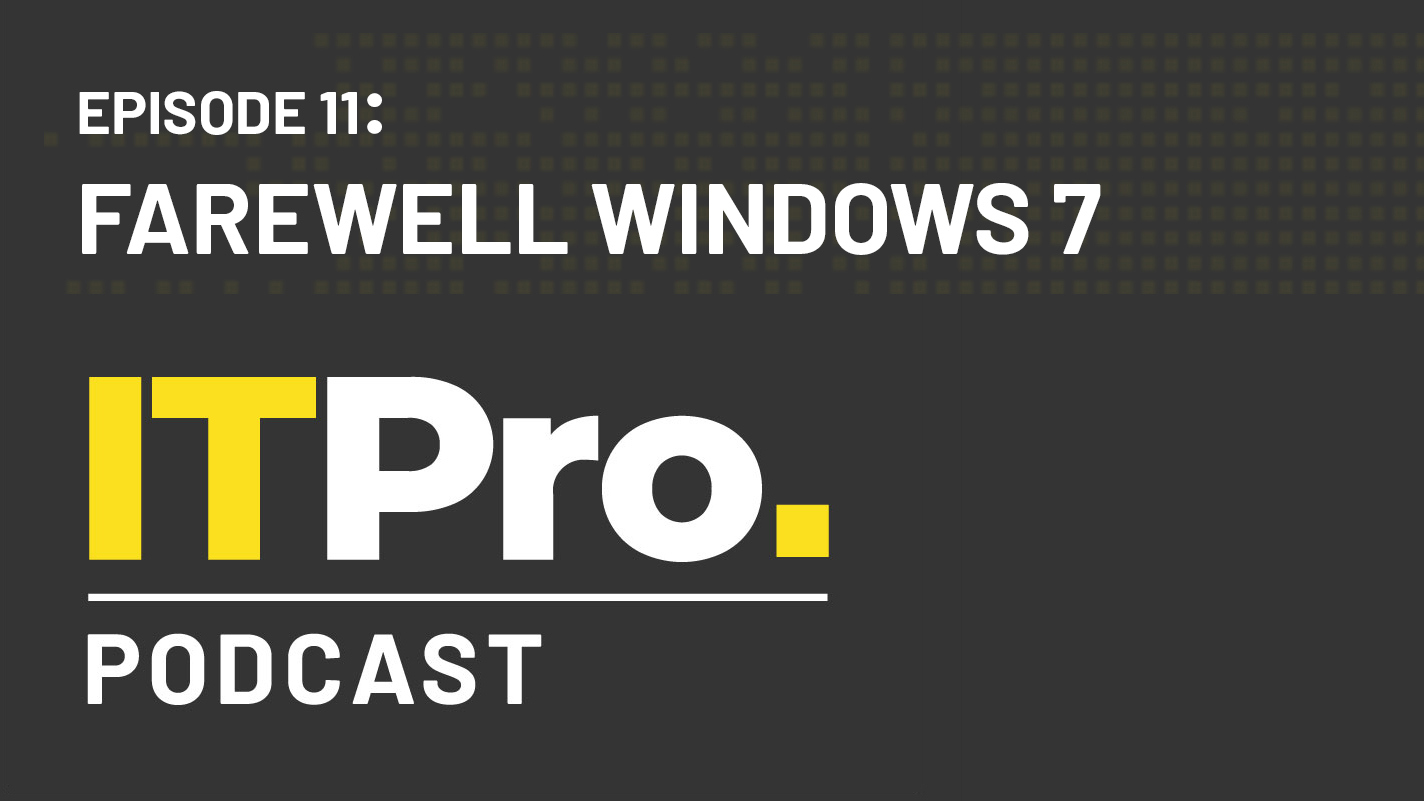 The IT Pro Podcast: Farewell Windows 7
The IT Pro Podcast: Farewell Windows 7IT Pro Podcast We reflect on the legacy of one of Microsoft's most enduringly popular operating systems
By IT Pro